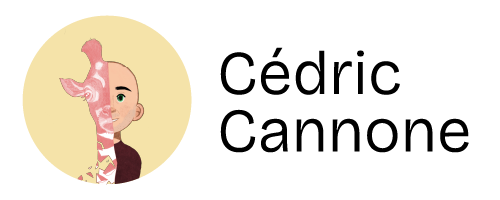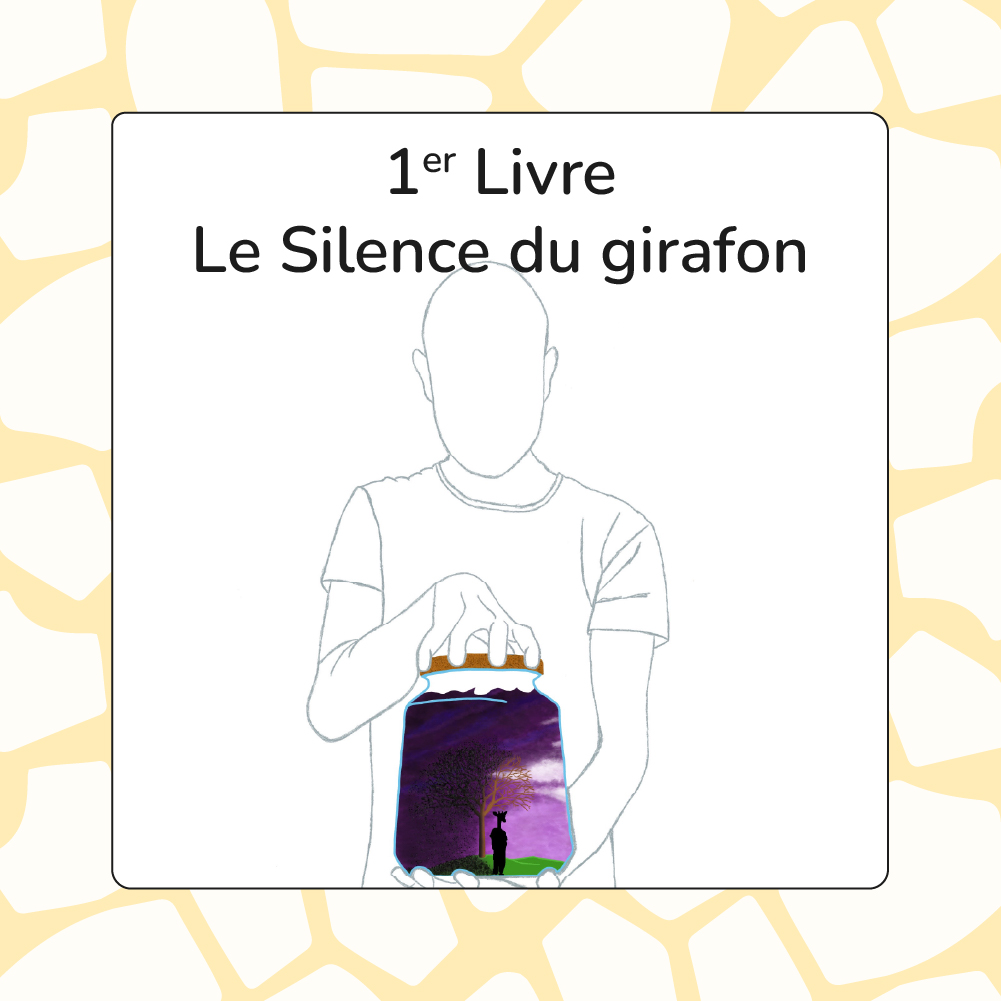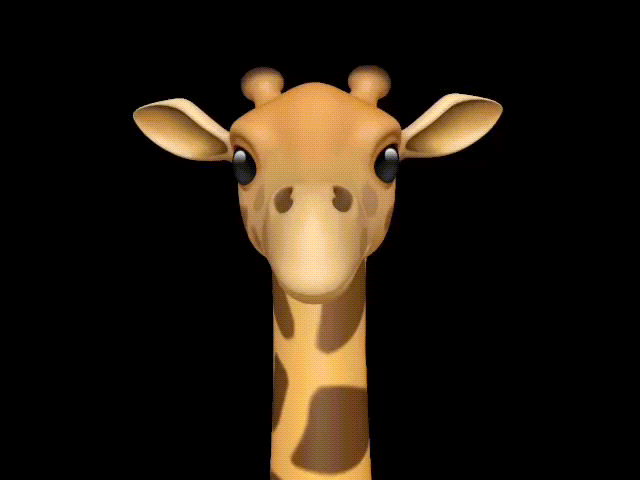A childhood marked by forced oralization… 🎤💔
Imagine having to reproduce sounds you can’t even hear… Every speech therapy session was a battle: intrusive touch, painful exercises, total incomprehension. I was forced to speak, to wear hearing aids, to adapt to a world that made no effort to understand me.
📢 Read my poignant account of this daily struggle and the weight of forced integration.
🎥 Watch the story excerpt and the video in LSF to understand what it means to grow up without access to your own language! 👇
History text* :
The required oralist
Speech therapy sessions were held with Françoise. Until now, these had consisted of pressing buttons to watch a cartoon. From then on, it was different, oralization was the priority. I hated speech therapy in the same way I hated the dentist. I had no choice but to go. The most disturbing thing about these sessions was the method used. The speech therapist would take my hand and blow on it – almost spitting – to make me understand the breath generated by speech. I didn’t like it when she touched me. She would also put my hand under her chin to make me feel the vibrations produced by the sounds /ʁ/, /s/, /v/, /p/, /b/, /k/…. I hated it when a stranger allowed himself to touch me in this way – it reminded me of people kissing the back of the hand – it’s particularly intrusive. I wouldn’t allow myself to touch this lady, so why would she, on the other hand, allow herself to touch me? I had to learn the sounds, the voice… I couldn’t stand the repetition of words that, despite my best efforts, I wasn’t able to say properly. It was all the more complicated because I had to deal with a new lip form. Over time, I’d managed to understand certain words (voice + lip reading); but each individual has a different lip shape and voice timbre – which is difficult to grasp when you’re dealing with a new person. It was really exhausting to repeat over and over again. I couldn’t do it very well, yet the speech therapist’s job was to “straighten” me out so that I could pronounce perfectly. And when I refused, she would sometimes slap my hands or pull my ear. A pipe dream she shared with Claudette. I was forced to oralize, it was an institutional obligation. It was a heavy burden that I hated, in addition to the forced wearing of hearing aids and the hectic schedule of sessions with the psychologist. Looking back, I was really fed up.
The difficulty lay in reproducing a sound I couldn’t hear. I could just about manage when I had to repeat isolated letters: /a/ on its own; /u/ on its own. On the other hand, combining these 2 letters to form a new sound was totally impossible for me to copy orally: a + u = /o/! And how could I tell the difference between /o/ and /ɔ/? As a result, I was expressing myself very awkwardly, making involuntary omissions. I had a lot of trouble pronouncing /ʁ/ and often didn’t even say it. At school, I had to work on French, dictation, math and speech therapy. I never had a moment’s respite, because even at home, I redoubled my efforts. I was forced to speak orally to adapt to my family’s needs. I worked hard to articulate so that they could understand me easily. But all this effort, free of charge and without any return on their part, made me suffer terribly. Everything I asked for was refused. The feeling of being lost was growing. For my brother, who spoke, it was calm and easy. I would have liked to swap places, but we were so different, to be able to express to my mother everything I was going through at school, but would she have listened to me?



